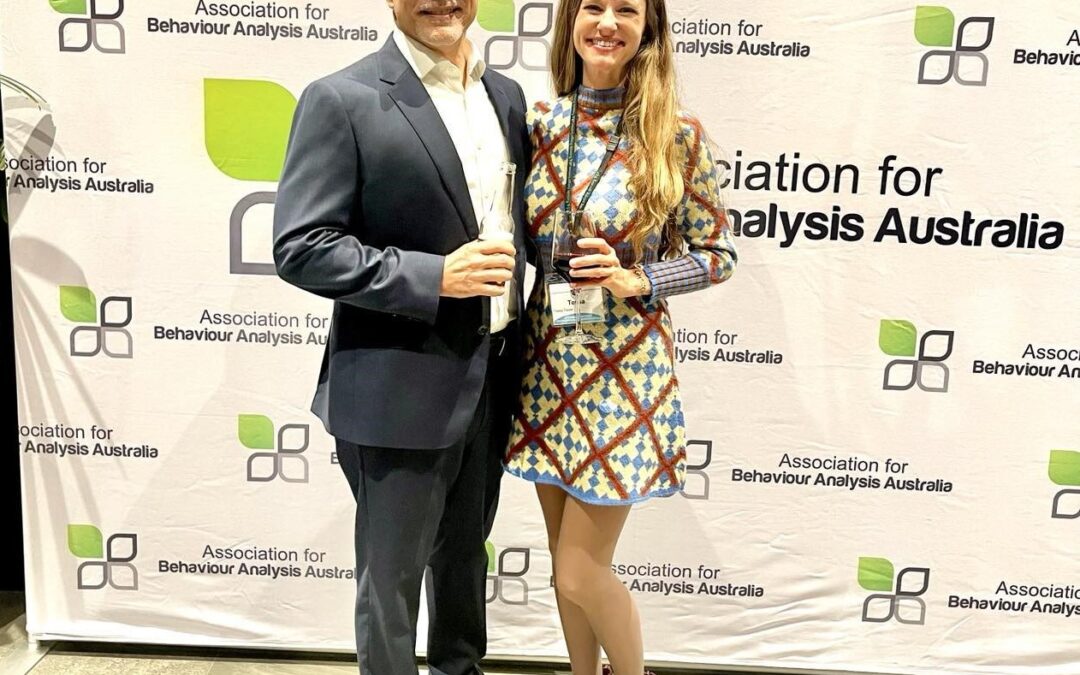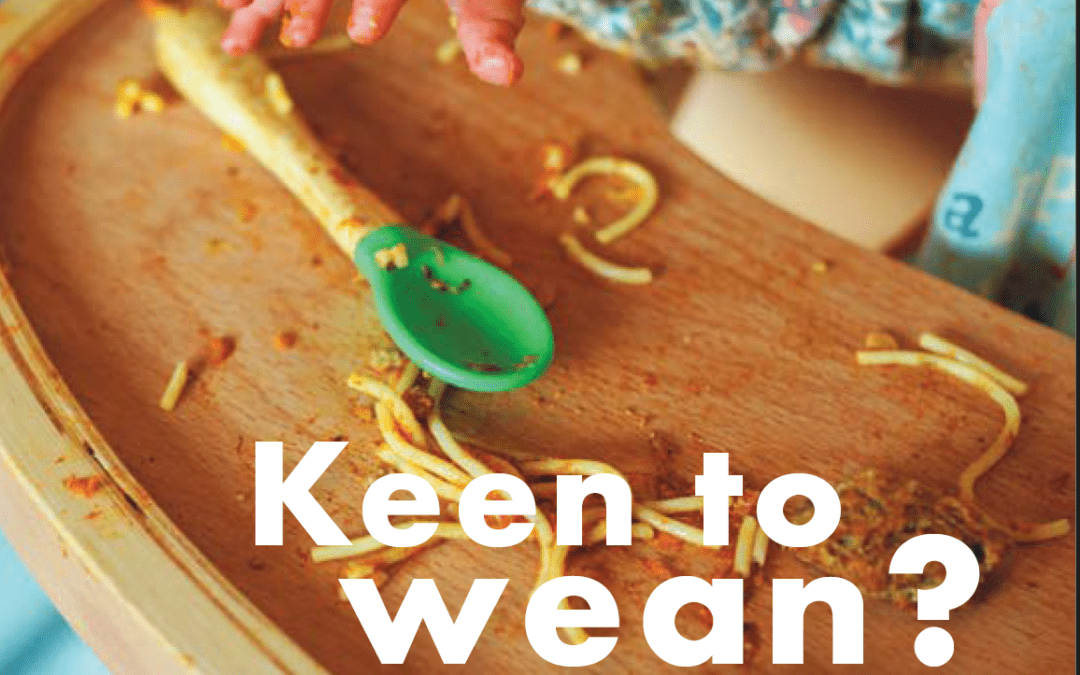
Jan 15, 2024 | Featured, Resources
What’s most touching is seeing so many ‘firsts’ – not only during the tube weaning program, but in updates from the families after. With all the complexity and hard work that goes into it, it’s so rewarding to finally see a child…
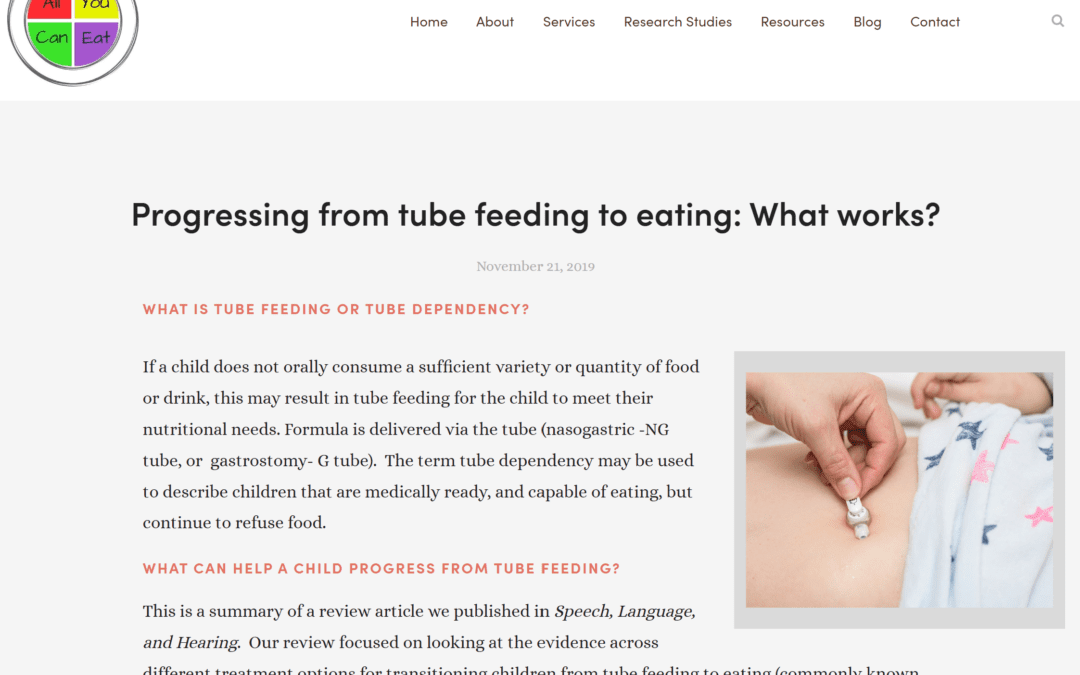
May 2, 2023 | Featured, Publications, Resources, Reviews
“Our review focused on looking at the evidence across different treatment options for transitioning children from tube feeding to eating (commonly known as tube weaning).” “Behavioural treatments reported significant gains in oral consumption and improvement in mealtime behaviours but there were less reports of children being tube weaned. Behavioural studies often involved children with very complex and severe feeding difficulties, and many had DD.” “A high level of treatment intensity is needed, at least over a few weeks. This involves multiple meals per day, over consecutive days.”
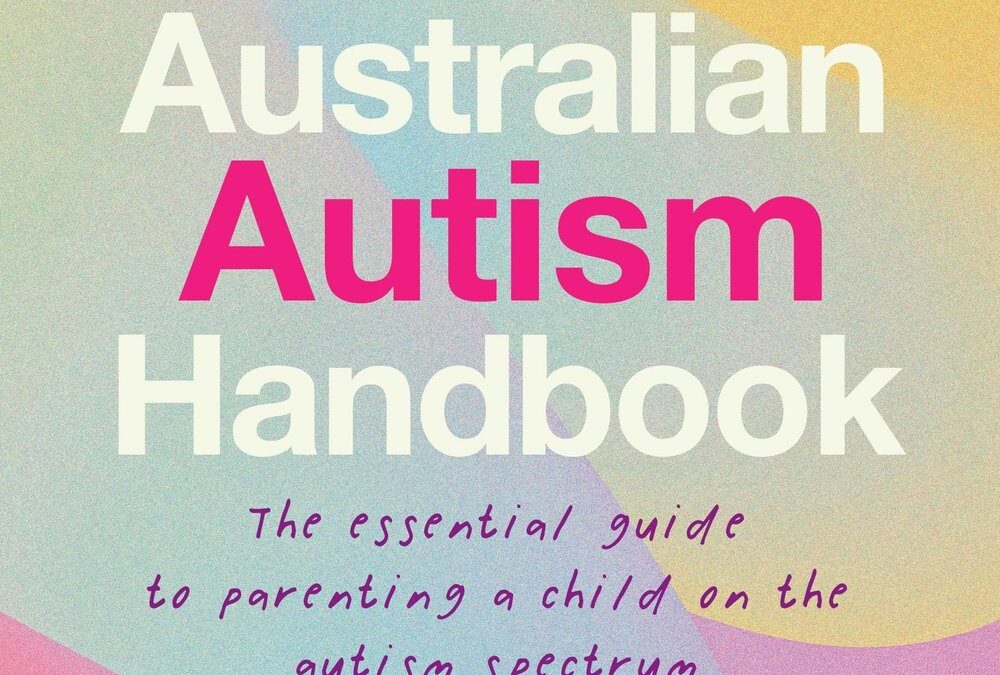
Jan 24, 2023 | Featured, Publications, Resources
New edition of the Australian Autism Handbook is finally available in print! Beyond grateful to have had the opportunity to take part in “Eating” in: “The Big Issues: Sleeping, Toilet Training, and Eating” with Dr. Sarah Leadley Taylor. Thanks a million and congrats to Benison O’Reilly and Seana Smith!
“A fully updated edition of the widely praised and most trusted Australian guide on how to raise a child with autism spectrum disorder.” “Advice from leading world experts delivers the information you can TRUST.”
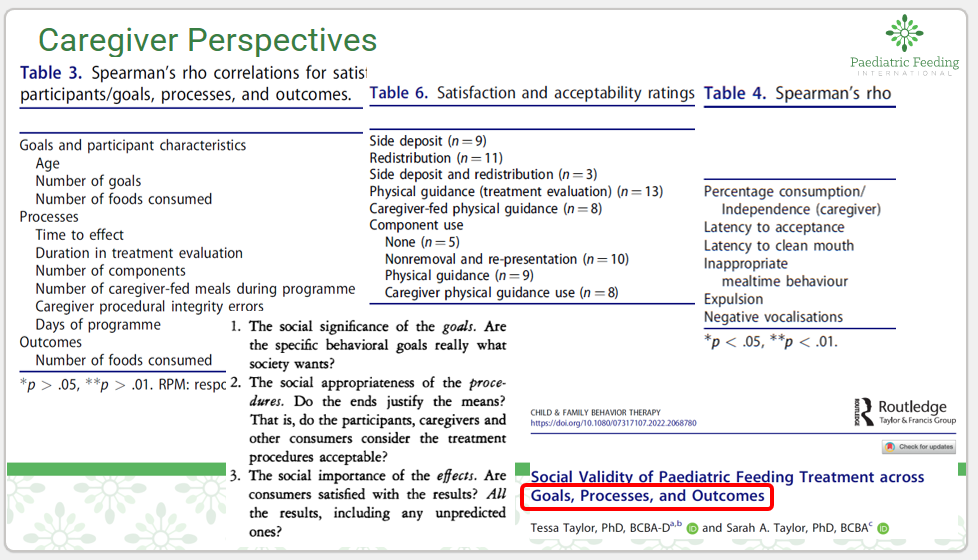
Jun 11, 2022 | Featured, Publications, Social Validity
Surprisingly, despite its importance and attention given in discussion currently in our field, supporting data and research are very much lacking. Data are needed in paediatric feeding to help accurately disseminate this highly important, effective, acceptable, and valued treatment, increasing access to treatment for families in need to improve their quality of life, and increasing opportunities for training/education for professionals. This is the first report to our knowledge to analyse social validity data comprehensively across variables such as participant characteristics, goals, treatment processes, treatment components, and outcomes. Ratings were high across the board (4.8 & 4.9 out of 5). Check out the results/graphs/tables! Future research could get caregiver input to design assessments, and use methods to analyse open-ended data (as in Anderson et al., 2021), in addition to the extensions to this work in Taylor & Taylor 2022b.
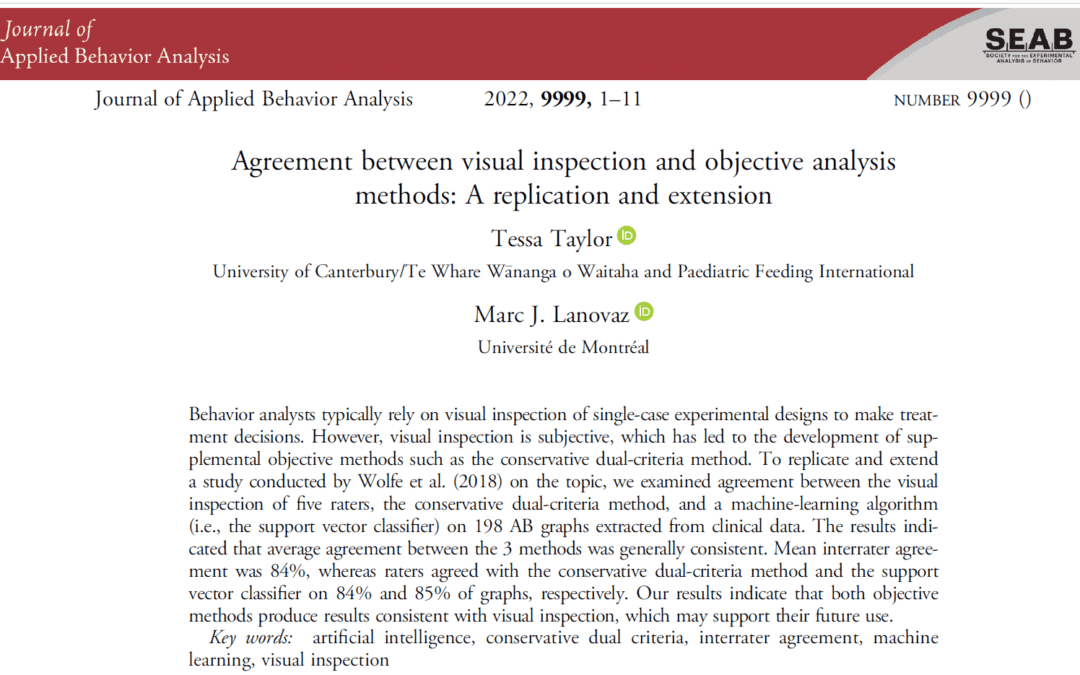
May 3, 2022 | Featured, Publications
I was trained separately on group statistics and visual inspection of single-case experimental design, but not trained on objective supplements for visual inspection. After much searching I found this novel approach (machine learning/artificial intelligence) by Dr. Marc Lanovaz that is being used in many other fields such as medicine. This method could improve accuracy of decision making, training efficiency, and communicability/quantification of results.


